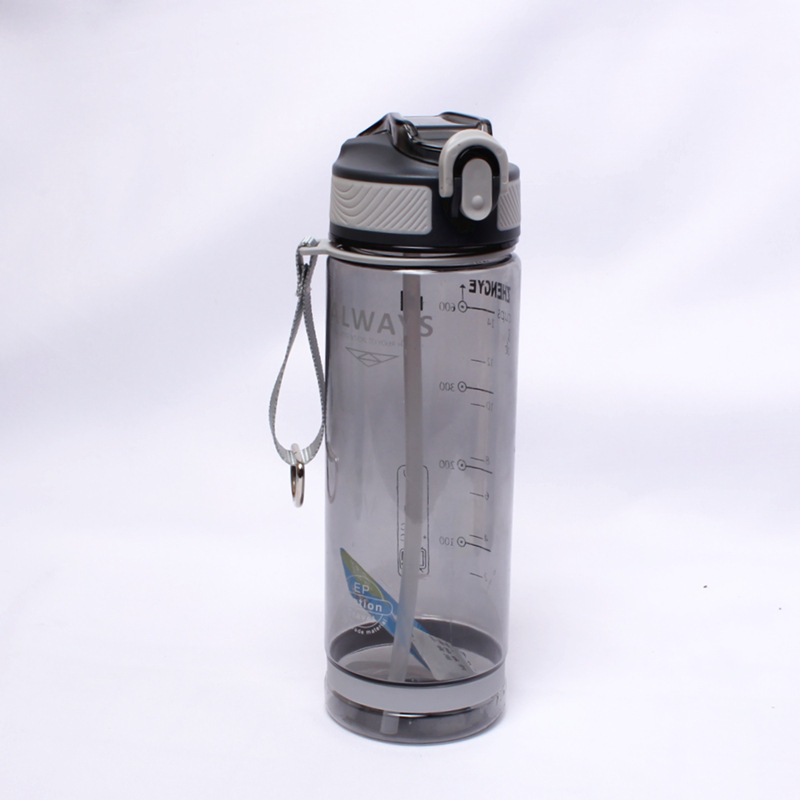Absolutely, redefining the role of plastic water bottles involves adopting sustainable practices that transform their impact on the environment:
- Recycled Materials: Incorporating recycled plastics reduces the need for virgin materials, lessening the environmental footprint and promoting a circular economy.
- Bio-Based Alternatives: Exploring bio-based plastics derived from renewable sources offers biodegradable or compostable options, reducing dependence on fossil fuels.
- Biodegradable Additives: Integration of additives facilitating faster biodegradation ensures reduced persistence of plastic in the environment.
- Durability for Reusability: Promoting durable and reusable plastic bottles encourages extended use, minimizing single-use plastic consumption.
- Efficient Designs: Innovative lightweight designs optimize material usage, decreasing energy consumption during production and transportation.
- Enhanced Recycling Processes: Advancements in recycling technologies improve the efficiency of plastic bottle recycling, supporting a more sustainable lifecycle.
- Refillable Systems: Expanding refill stations and advocating multi-use bottles encourage the reuse of plastic bottles, reducing waste generation.
- Consumer Education: Educating consumers about responsible disposal and recycling empowers them to make informed and sustainable choices.
- Regulatory Standards: Implementing stricter regulations and industry standards drives the adoption of more sustainable practices in plastic bottle manufacturing.
- Collaborative Sustainability Initiatives: Partnerships between industries, governments, and environmental organizations promote collective action towards sustainable plastic solutions.
By integrating these sustainable practices, plastic water bottles can evolve into more eco-friendly options, balancing their convenience with reduced environmental impact.



